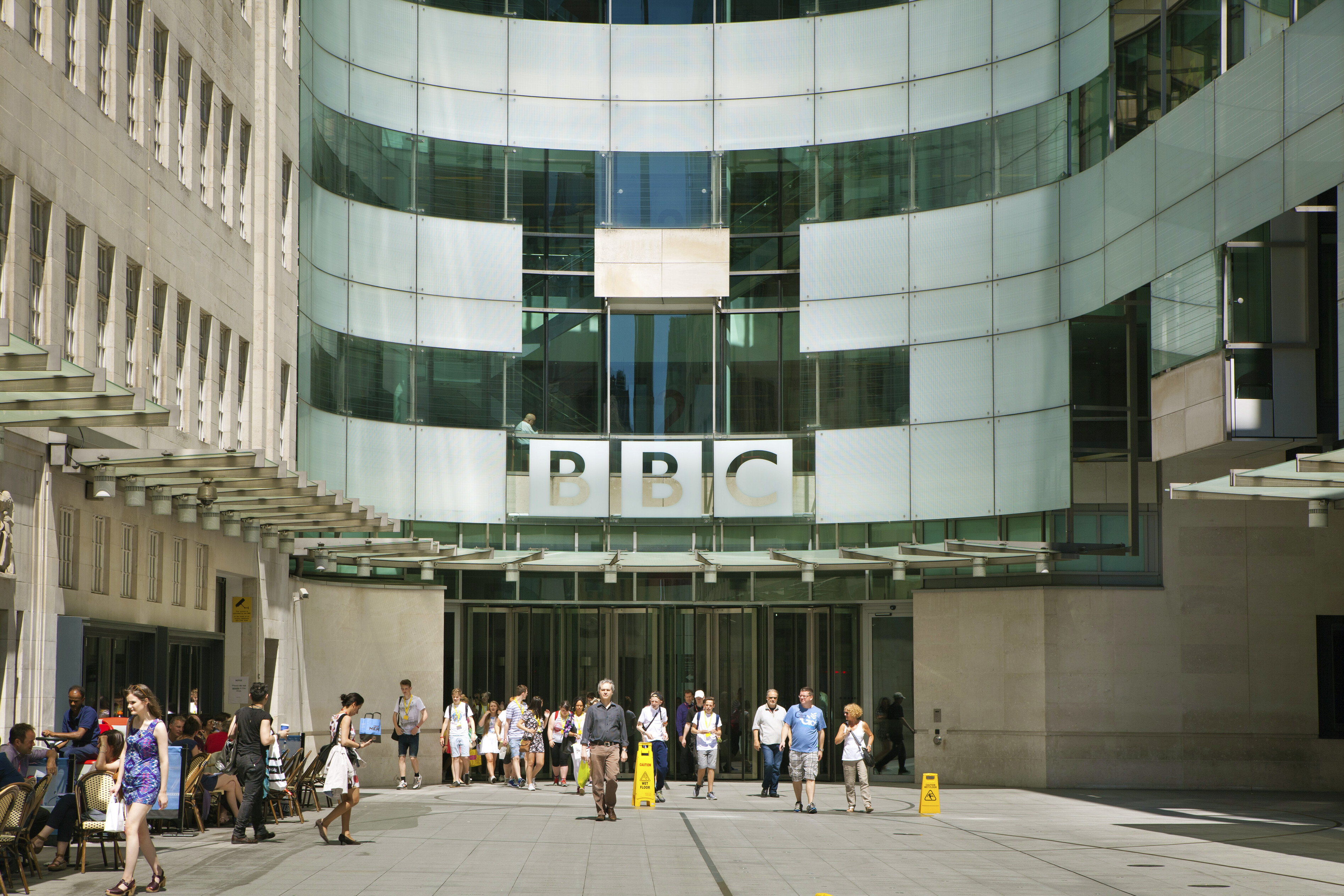By Kristian Porter
The BBC announced that it will fund means-tested licence fees for some older people following government decision to stop the provision of free licences.
One-third of over-75s in the UK will be eligible to receive a free TV licence from 2020 so long as they receive Pension Credit, an announcement from the BBC Board has confirmed. This will apply to roughly 1.5million households.
The “fair” change follows a 2015 decision by the Conservative government to cease the funding of licence fees for those aged over-75 from June 2020, with the broadcaster having to shoulder the cost. In return the BBC was allowed to make it obligatory for iPlayer audiences to require a TV licence as well as increase the licence fee.
The deal was widely criticised at the time as “rushed”, made without scrutiny and an assault on the independence of the BBC, placing unfair burden on its running costs. The final decision on how to manage or continue the concession was also handed to the corporation, in what was widely regarded as a deflection of responsibility by the government for any unpopular decisions.
In fact, free licences for the over-75s was pledged in both the 2015 and 2017 Conservative Party manifestos.
According to the BBC, the provision of free TV licences for those on pension credit will cost the broadcaster £250million by 2021/2022, £500million less than if they were to fund all licences for the age group. Fully funded fees would have absorbed a fifth of the BBC’s budget and resulted in the closure of some channels and major services valued by all audiences.
That is not to say that the additional cost of £250million is insignificant, especially at a time when the BBC is undertaking an efficiency drive, having made £1.6billion in annual savings over the last Charter period.
A BBC spokesperson said that copying the current scheme was simply untenable, saying: “The scale of the current concession and its quickly rising cost would have meant profoundly damaging closures of major services that we know audiences – and older audiences in particular – love, use, and value every day.”
Widespread concerns
There are also widespread concerns that removing free licences will act as an unfair benefit cut for those who are not able to increase their income to accommodate extra costs, impacting the most isolated the hardest.
Furthermore, many of those eligible for Pension Credit fail or are unable to make the claim, leaving them without the evidence to apply for the new concession. There are fears that the hardest hit will face court for unpaid dues.
As a result, charity Age UK launched a petition which has already amassed over half a million signatures calling on the government to take back responsibility for the free licences.
Criticism rebuked
Criticisms of the BBC’s decision have also come thick and fast, with many failing to note that the decision to transfer the concession was made by the government, not the BBC. Other criticisms have focussed on the ongoing debate over “star pay” and manager income, some of which earn over £150,000 per year, calling on the BBC to slash salaries in order to fund free licences.
However, the BBC has refuted such claims. In a response to criticism from The Telegraph columnist Allison Pearson, Policy Director Clare Sumner said that even if the BBC was to stop employing all staff earning over £150,000, it would only save up to £20million. Alternatively, cutting all pay to below £150,000 would only save £5million.
The broader debate about salaries at public broadcasters like the BBC is certainly not without warrant, but its relation to free licences barely touches the surface in terms of the savings needed for the broadcaster to fund licences for all over-75s itself.
Cutting presenter or manager pay wouldn’t mean BBC could afford free licences for all over 75s without closure of major services audiences love. Policy Director Clare Sumner writes in today’s @Telegraph after Allison Pearson’s column this week pic.twitter.com/RuVFjIC7Ls
— BBC Press Office (@bbcpress) 15 June 2019
Today’s @TheSun criticises pay for senior BBC managers (ignoring the fact the senior manager paybill was down again last year) – here are some pertinent facts pic.twitter.com/PVFyu71dHt — BBC Press Office (@bbcpress) 16 June 2019
Protecting the poorest older pensioners – our letter to @Daily_Express setting out the facts on over 75 TV licences following Carole Malone’s column today pic.twitter.com/zQ1mGhINVU
— BBC Press Office (@bbcpress) 15 June 2019
In a statement, BBC Director-General Tony Hall said:
“This decision is fairest for the poorest pensioners. Around 1.5 million households could get free TV licences if someone is over 75 and receives Pension Credit. It protects those most in need. And importantly, it is not the BBC making that judgement about poverty. It is the Government who sets and controls that measure.
“It is fairest for all audiences – of all generations, old and young – who we know value the BBC and the programmes and services we provide. It means these services can continue.
“We also need to look at how the level of the licence fee is set in the future. The last two settlements have been made in the dark and without proper consultation. It is vital that future decisions are evidence-based and made after proper consultation and scrutiny. We need to find a better way.”
Read More: Full documents about the BBC Boards decision on licence fees for older people
Header Image: BBC Headquarters, London. Credit: IR_Stone/iStock

